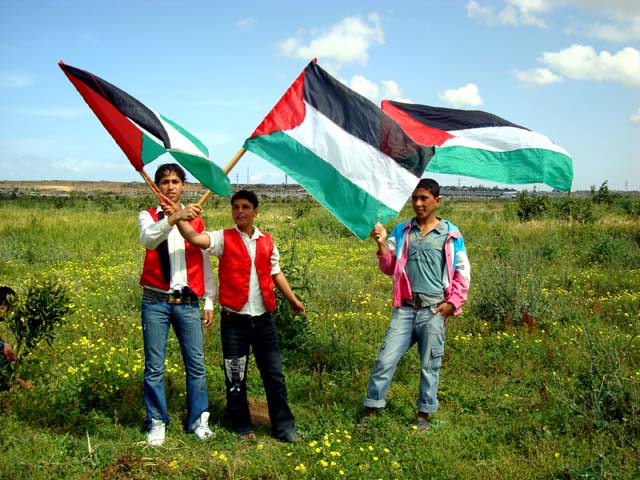Health Care in Palestine
 Recent violence in Palestine has had serious consequences for civilians living in the Gaza Strip. As of June 29, 2024, “at least 37,834 Palestinians had been killed and 86,858 wounded in Israel’s war on Gaza since October 7,” according to Aljazeera. With the rise of violence in the Gaza Strip, an area that measures just 141 square miles, the necessity of health care in Palestine has also risen in importance.
Recent violence in Palestine has had serious consequences for civilians living in the Gaza Strip. As of June 29, 2024, “at least 37,834 Palestinians had been killed and 86,858 wounded in Israel’s war on Gaza since October 7,” according to Aljazeera. With the rise of violence in the Gaza Strip, an area that measures just 141 square miles, the necessity of health care in Palestine has also risen in importance.
Health Care Difficulties
Even before the most recent conflict, the health care system in Palestine could not always provide satisfactory health services to all of its residents. Limitations have been imposed on items coming into Palestine, most notably the Gaza Strip, making it difficult for the health care sector in the region to get access to the supplies it needs to treat everyone properly.
Deficits of water, electricity and staff have also further created problems for the health care industry in Palestine. On top of this, many Palestinians live in refugee camps, which not only produces more health risks, but these camps do not often receive the health care that they need.
Israel’s Impact
However, activity coming from Israel has amplified these health care limitations as the Israeli military has destroyed hospitals and has been attacking patients and workers in the Gaza Strip. Beyond just health care, the Israeli military has prevented Palestinians from receiving “water, food, electricity and fuel,” as evidenced by the Institute for Palestinian Studies and this certainly creates its own set of problems. In the West Bank as well, roads that ambulances utilize have been blocked by Israeli forces.
As far as aid goes, only certain entrances to the country have been made accessible by Israel to allow relief to come into the country. Israeli forces have been accused of killing many individuals hoping to provide aid to the Gazan people.
Limitations of Aid
On top of these issues, robberies on deliveries of aid are further extrapolating the difficulties of getting assistance to the Palestinian people. Some argue that Israel needs to institute stronger levels of security to ensure that aid can actually make it into the country and be utilized to help the Palestinians. Aid in other forms, such as food, has also been limited in entering the country which has certainly created repercussions for the welfare of Palestinians. Malnutrition has become a widespread problem across the region.
Doctors Without Borders has identified how slow the process of moving aid into the country has been, which has created the problem of less than sufficient medical care resources being available. In fact, the organization has reported that “it has been unable to bring any medical supplies into Gaza since the end of April.”
Providing Aid
However, Doctors Without Borders has still been able to help thousands of people in the state of Palestine in the past couple of months. Thousands of wounds have been bandaged, tens of thousands of health appointments have been administered to Palestinians and surgeries have been able to take place as a result of Doctors Without Borders’ efforts.
Another organization, Medical Aid for Palestinians (MAP), has also completed enormous amounts of work in the region. This group has provisioned Gaza with millions of dollars worth of medical necessities, such as antibiotics, bandages and medicines, while simultaneously working to limit the impacts of malnutrition. MAP has worked in both Gaza and the West Bank.
– Brendan Sheehan
Brendan is based in San Rafael, CA, USA and focuses on Global Health for The Borgen Project.
Photo: Flickr
